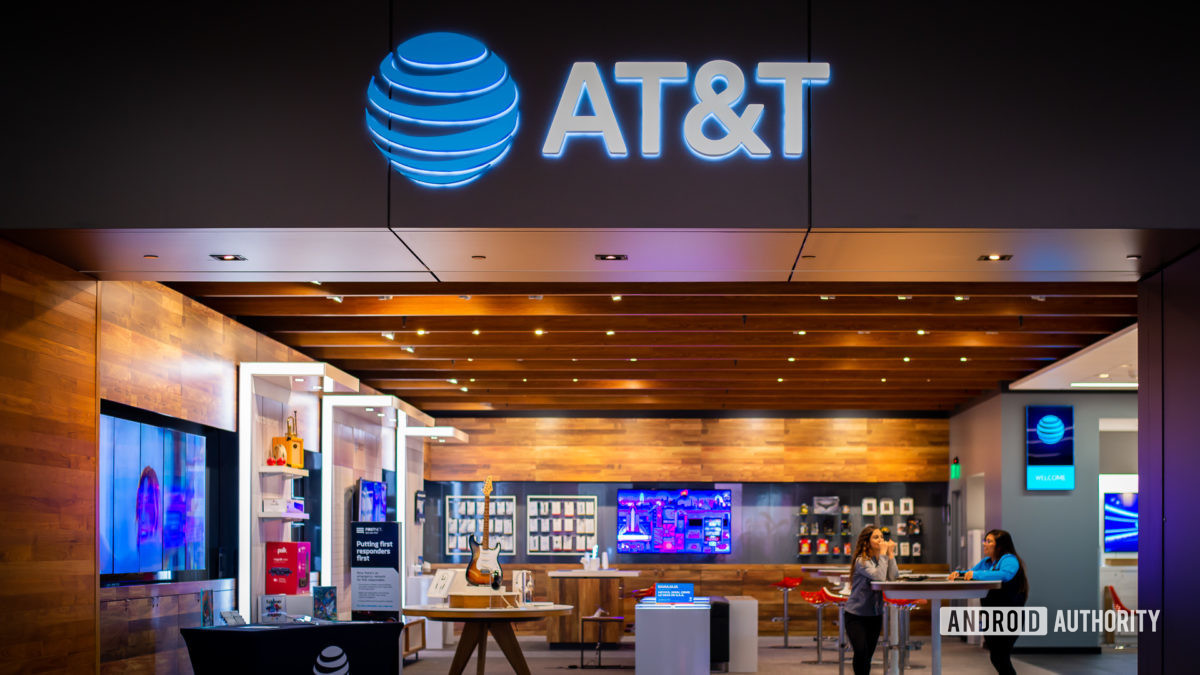
Samsung is currently king of the hill amongst Android smartphone manufacturers. In fact, Samsung leads the pack, and has far outpaced Apple in terms of handset sales. As such, the argument is that Apple may have won in the legal arena, with its billion-dollar patent win against the South Korean firm in August of 2012, but Samsung has proven itself in the market, with demand for Galaxy smartphones jumping, whilst interest for the iPhone wanes.
But Samsung cannot just rest on its laurels, argues industry observers and analysts. The chaebol (South Korean conglomerate) may be at the peak now, but if it does not take heed, its business model might follow that of the old guard, which saw their sales and market sale flourish during their golden ages, but were fast superseded by then-emerging technologies.
We can point out a few cases in other industries here, such as the PC industry, which had been the bailiwick of HP and Dell in hardware and Microsoft in software and OS. Emerging trends today are shifting power away from the product-oriented businesses in favor of services. With the rise of cloud computing, suddenly your desktop-version Microsoft Office is not so relevant after all, even in a business or enterprise setting.
Even the smartphone industry itself was once led by once-mighty brands and platforms such as Nokia’s Symbian and RIM’s BlackBerry. Where are they now? Even Microsoft was at the top of the PC business, and yet mobile devices like smartphones and tablets are fast gaining on traditional desktops and notebooks in terms of growth and sales.
Chris Dixon writes that Samsung is now considered the “fifth horseman” of tech, alluding to the four horsemen of the apocalypse, of course. The Galaxy Note 2-maker is now in the leagues of Amazon, Apple, Facebook and Google. As such, Samsung has the power to influence the industry, being the leading non-iOS device maker. However, there are a few things Samsung must watch out for.
Stratification
“Will the smartphone/tablet industry stratify the way the PC business did?”
The concern here for Samsung is that technology markets will inevitably stratify, and the important thing will be whether the company will be able to remain relevant even as it does not keep control over the entire ecosystem and user experience. In contrast, Apple’s business model relies on the integrated approach, where it builds both the hardware (iPhone, iPad, iPod touch) and software (iOS), and runs the application marketplace, too, with the App Store.
Samsung’s smartphone business heavily relies on Android and the app ecosystem surrounding it, both of which are run by Google. As such, there’s no stopping yet another smartphone brand from dominating the market in the future. Samsung also does not get direct returns from app sales, and its only revenues come from handset sales.
Even Microsoft is betting on an integrated approach, with its Windows 8 platform and its latest Surface tablet, plus the fact that the Redmond company is heavily banking on its cloud-based approach to both consumer and enterprise computing to remain relevant in today’s cloud-centric business environment.
The other side of this argument, though, is that tech markets eventually “overshoot the needs of its customers,” and in this regard, Samsung may be in the best position to remain viable, given how it covers everything from the low-end to the high end of the market. The next question would be whether this would be the most viable business model, considering where the money goes.
Profit share
“If the industry stratifies, will the lion’s share of the profits go to the OS and application layers as it did for PCs?”
Again, the big issue here for Samsung is whether its business will remain viable if the ecosystem is stratified enough that it no longer has any control over the revenue sources. Samsung can earn profits as far as handset sales go, but not from app sales, in-app purchases, subscription, content and the like. There is a question here whether it’s the hardware layer or the OS and apps layer that will prevail. Samsung’s competitors, like HTC, Sony and LG are “just one hit product line away from stealing Samsung’s position.” On the other hand, the OS and app layer — again owned by Google — will require huge investments not only in the app infrastructure itself, but also the developer ecosystem.
Given this argument, Samsung is currently in a position of power being the incumbent in terms of market leadership. But this is a precarious position because it does not hold they keys to the kingdom, so to speak. Google owns Android, and Samsung might just be a speck among multitudes of Android device makers a few years down the line.
Samsung’s strategy?
And so Samsung’s future success would rely on whether it can take advantage of this stratification enough that the significant profits flow to its own business. It seems that Samsung is aware that hardware can only take so much profit, which is why the company has been hinting at developing or supporting an altogether new mobile operating system.
But of course, Apple and Google are in control of their respective ecosystems today, with iOS and Android, respectively, and it’s not likely that a new OS contender would make a dent into their dominance, at least in the near future. Take Google, for instance. It can afford to lose money on handsets and hardware and even its own OS development, because it earns so much from its other core businesses, including web services like search and advertising.
How sustainable can Samsung’s mobile business be, then?





Leave A Comment